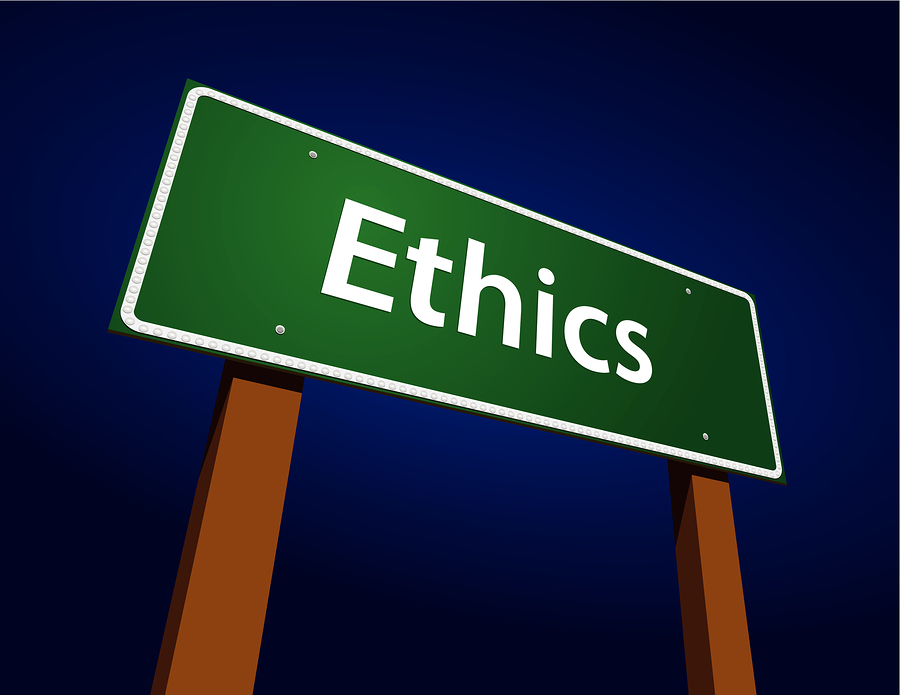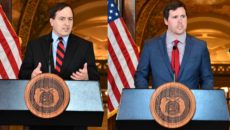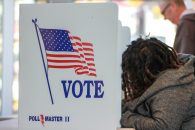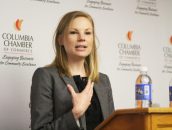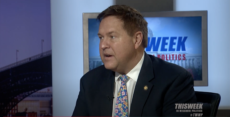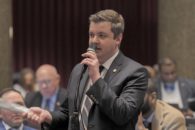JEFFERSON CITY, Mo. – The topic of ethics reform has been a prominent one among member of the Missouri Legislature for some time, but the 2017 legislative session fell short in attempts to pass meaningful legislation on the matter.
That’s why a coalition, back by unions and other groups and supported by members of both parties, is pushing forward the Clean Missouri initiative petition in hopes of getting it on the November 2018 ballot. (Click here for a listing of groups endorsing the initiative.)
The proposed constitutional amendment would do what legislators have failed to do, imposing gift limits for legislators, lowering campaign contribution limits, changing the length of time required before becoming lobbyists, and change the model for drawing districts in order to prevent partisan gerrymandering.
The Clean Missouri Initiative proposes to clean up the Show-Me State’s ethics with the following actions:
- Require that lawmakers wait two years before they could turn around and lobby their colleagues. (Governor Eric Greitens called for a revolving door ban from the legislature, and established a lobbying ban for employees departing from the executive branch with his executive order signed on January 9, 2017.)
- Eliminate almost all lobbyist gifts worth more than $5 (As of publishing this article, Members of the General Assembly, along with their staff and families, have already accepted over $1 million in gifts from lobbyists this year. Sen. Mike Kehoe had put together a bill with similar language, calling it the “Cup of Coffee” bill, implying that lobbyists wouldn’t be able to spend more than they would on a cup of coffee. Rep. Justin Alferman had also filed a bill, the first one passed by the House in 2017, but neither bill advanced in the Senate.)
- Eliminate partisan gerrymandering when it comes to redrawing lines for legislative districts and make the races more fair and competitive. (To do this, the petition calls for an independent state demographer to lead on technical work in creating district maps, which would then be reviewed by a citizen commission.)
- Set campaign donation limits at $2,500 for the state Senate and $2,000 for the House. (The current state law, as set forth by Constitutional Amendment 2, which passed in the Nov. 2016 election, sets the mark at $2,600.)
- Limiting the ability of individuals and organizations to circumvent the contribution cap limits by counting the money from single-source committees toward the totals for the actual original donors.
- Put an end to legislative fundraising on state property
- Require legislative records and proceedings to be open to the public
In an editorial published by the Kansas City Star, Sen. Rob Schaaf endorsed the Clean Missouri Initiative, saying it would solve many of the problems “corrupting the state government.”
“We’ve been out there collecting signatures every day, and the response has been amazing. We’ve seen conservatives, progressives, and moderates all concerned with what is going on in Jefferson City, and they’re excited about putting a measure on the ballot to get things back on track,” Sean Nicholson, campaign director for Clean Missouri, said.
Supporters are currently trying to gather signatures in six of the eight congressional districts to get the constitutional amendment on the ballot, and since April of 2017, the Clean Missouri committee has received $1,161,111.03 in donations, the top five of which come from the following:
- Missouri National Education Association – $250,000
- Eastern Missouri Laborers’ Educational and Benevolent Fund – $100,000
- Planned Parenthood Great Plains Votes – $50,000
- Midwest Region Laborers Political League Education Fund – $50,000
- Advocates of Planned Parenthood of the St. Louis Region and Southwest Missouri – $50,000
The committee has spent $359,008.58, and currently has $701,451.08 in cash on hand, according to their October quarterly report to the Missouri Ethics Commission.
Read the proposed ballot language below:
Clean Missouri initiative petition by Clean Missouri on Scribd
Benjamin Peters was a reporter for The Missouri Times and Missouri Times Magazine and also produced the #MoLeg Podcast. He joined The Missouri Times in 2016 after working as a sports editor and TV news producer in mid-Missouri. Benjamin is a graduate of Missouri State University in Springfield.

